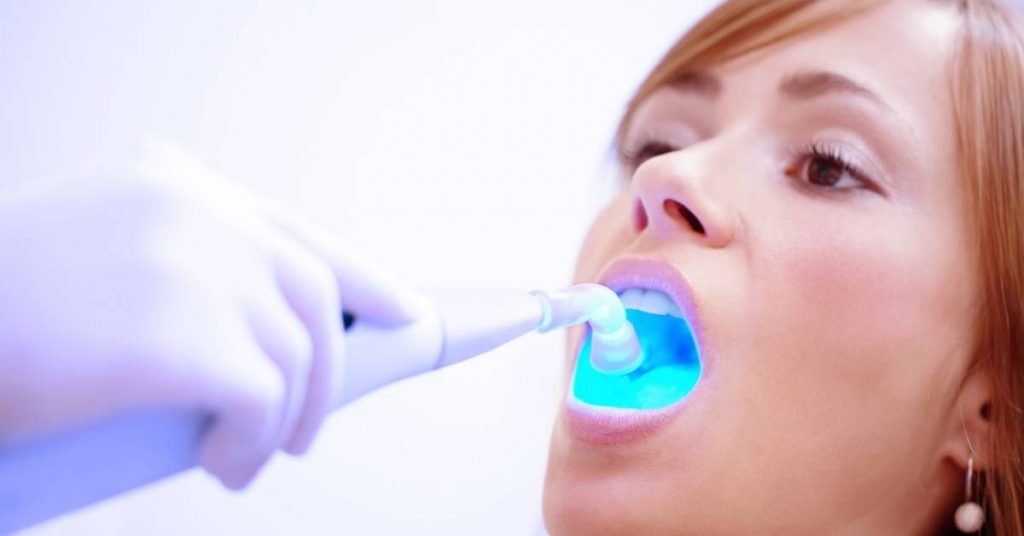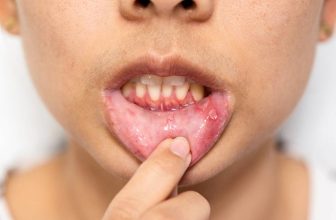If you’re wondering if dental fillings will cause discomfort, the answer is yes – but it shouldn’t keep you from living your life as usual. Dental fillings are a standard procedure used to fill teeth cavities. A dental filling usually involves the dentist numbing the area around the tooth, drilling into the tooth to remove the decayed material, and then filling the cavity with a composite resin material.
Do dental fillings hurt a lot?
Dental fillings can be a little painful when first put in, but that’s only because the area is numbed. Once the anesthetic wears off, you may experience discomfort, but it shouldn’t be anything unbearable. If you have a toothache before getting the filling, that pain will likely go away once the filling is in place.
Some people may experience sensitivity to hot or cold temperatures after getting a filling. This usually goes away within a few weeks. Talk to your dentist if it doesn’t, or if you have any other concerns.
Overall, dental fillings are not painful and shouldn’t cause much discomfort. If you have any pain or sensitivity, it should go away within a few weeks. Remember to talk to your dentist if you have any concerns.
Do they have to numb your mouth for fillings?
If you’re getting a dental filling, your mouth will be numbed, so you don’t feel any pain. The dentist must drill into your tooth to remove the decay and old filling material. Once the area is numb, you shouldn’t feel any pain.
Some people may experience some discomfort when the anesthetic wears off. This is normal and should go away within a few hours. If you have any pain or sensitivity, be sure to talk to your dentist.
How long does gum numbing last?
The gum numbing should last for a few hours. If you have any pain or sensitivity, be sure to talk to your dentist.
For how long after the procedure do you experience pain?

Some people may experience some discomfort when the anesthetic wears off. This is normal and should go away within a few hours. If you have any pain or sensitivity, be sure to talk to your dentist.
If you have any pain or sensitivity, it should go away within a few weeks. Remember to talk to your dentist if you have any concerns.
Here is what you can do at home to ease the pain:
- Take over-the-counter pain medication like ibuprofen to help with any discomfort.
- use a cold compress on your cheek or jaw to reduce swelling.
- Avoid eating hard or crunchy foods until the area has healed.
- Brush and floss your teeth as usual, but be gentle around the area where you had the filling.
Talk to your dentist if you have any pain or sensitivity that lasts longer than a few weeks. They may need to adjust the filling or do another procedure.
How to take care of your teeth after a filling
It’s essential to take care of your teeth after a filling. This includes brushing and flossing regularly and avoiding hard or sticky foods. Be sure to talk to your dentist about the best care for your teeth.
1. Practice good oral habits
Brushing and flossing regularly will help keep your teeth clean and free of bacteria. Avoiding hard or sticky foods will help prevent the filling from becoming loose. Be sure to talk to your dentist if you have any questions or concerns.
2. Don’t eat sticky foods
Taking care of your teeth after a filling is vital for keeping your mouth healthy. Be sure to brush, floss regularly, and avoid hard or sticky foods. If you have any questions, be sure to talk to your dentist.
3. Visit your dentist for regular checkups
Visiting your dentist for regular checkups is essential for keeping your mouth healthy. Be sure to talk to your dentist about any concerns you have.
4. Talk to your dentist if you have any concerns
If you have any problems, be sure to talk to your dentist. They will be able to help you take care of your teeth and keep your mouth healthy.
What are the risks of not getting a filling?
If you don’t get a filling, tooth decay can continue to spread. This can lead to a host of other problems, including tooth loss. Getting a filling as soon as possible is important to avoid these problems.
Not getting a filling can also lead to an abscessed tooth. The decay has reached the tooth’s pulp, causing an infection. An abscessed tooth can be extremely painful and may require emergency dental treatment.
Getting a filling as soon as possible is important to avoid these problems. If you have any questions or concerns, talk to your dentist.
So don’t be afraid of the pain and get your filling done! If not, it can lead to more serious issues, resulting in more pain!







